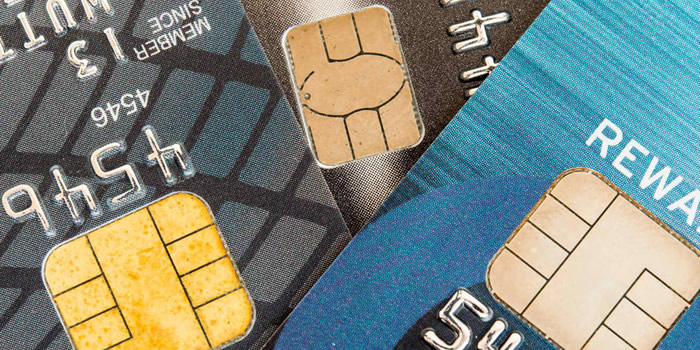
Photo credit: Matt Cornock via flickr CC BY-NC 2.0
With the real estate market booming, housing is becoming increasingly expensive. There seems to be no end in sight for home price increases. The average detached home costs over $1.1 million in Toronto and Vancouver. With home prices heading towards the stratosphere, first-time homebuyers face the risk of being priced out of the real estate market.
With housing as expensive as it is, it’s common for students and young adults to live in shared housing. Generally, utility, internet, and phone bills are split up amongst the tenants. While this can be a great way to save money, you need to be careful when it comes time to move onto your next property.
When you move out, it is vital to remove your name from any bills. This is usually easy when everyone moves out at the same time as the bills generally just get canceled at the end of a lease. But what happens when other tenants decide to stay at the property? It can be a hassle to switch the bill over to someone else, but not doing so can leave a big negative mark on your credit report if your former tenants end up flaking on the bill.
Any unpaid bills will eventually be sent to collections. The collection agency will report the bill to the credit bureaus in order to collect the debt. If there is no forwarding address, that collection will linger on your credit report. How do you avoid an unpleasant situation like this? Here are four ways to protect your good name.
1. Remove your name from bills
Be sure to remove your name from any bills. Contact the utility company and advise them of your move out date. This will ensure your name will no longer appear on the bill after a certain date and you won’t be held responsible for unpaid bills after you’re long gone.
2. Look out for yourself
It’s important to look out for yourself and never take someone at their word. Be prepared for someone to say “oh don’t worry about switching, we’ll be sure to pay the bill.” Even though your former tenants may have every intention of paying the bills, if they run into a financial emergency like job loss or illness, they could end up falling behind on bill payments, leaving you on the hook for a portion of the unpaid bill.
3. Change of address
Make sure to submit a change of address with the post office when you move out. This will ensure any bill reminders will be forwarded to you at your new address. If you find an old collection on your credit report, be sure to contact the creditor immediately and take care of the bill.
4. Check your credit report annually
It’s a good idea to check your credit report once a year. By law you are entitled to one free credit report by mail annually. If you’re transitioning from renter to homeowner, order a copy of your credit report before applying for a mortgage pre-approval. If there are any blemishes on your credit report, be sure to get them cleared up before applying for additional credit cards or loans.




